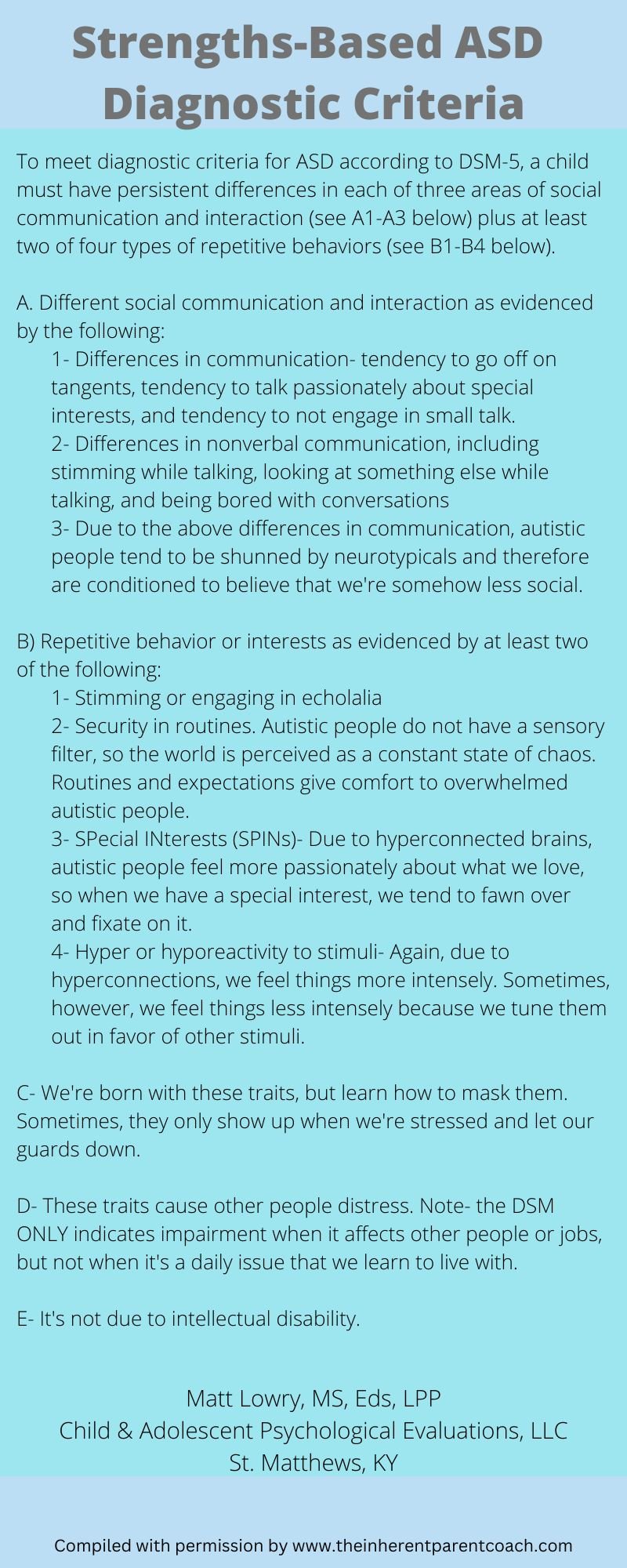The Inherent Parent Blog
This is where I answer frequently asked questions, share resources I’ve created, and post whatever random ideas I have related to child therapy or parent coaching at the moment. You can use the search bar below to search for specific topics. If you have a specific topic you don’t see here, feel free to reach out.
Talking to Kids About Sex

Strengths-Based Autism Spectrum Diagnostic Criteria (Copy)

My Toddler Is Rude To Me

Food Pun Kid Advice
What Are We Going to Tell Our Daughters?

Teaching Boundaries

Testing Limits

How to talk to kids about behavior without shaming, yelling, or threatening

Can you make my kid not get mad?

Sex Talk Topic Checklist

The Definitive Answers of All Things North Pole

Am I Supposed to Get My Therapist A Holiday Gift?

Elf on the Shelf, Don’t Get Any Ideas

How to Teach Gratitude

Questions to Introduce Conversations Around Sex and Safety

Questions your kids have about divorce

Helping your ADHD Child Clean Their Room

Questions to Get Kids Talking

Tips for Kids Transitioning Between Homes

